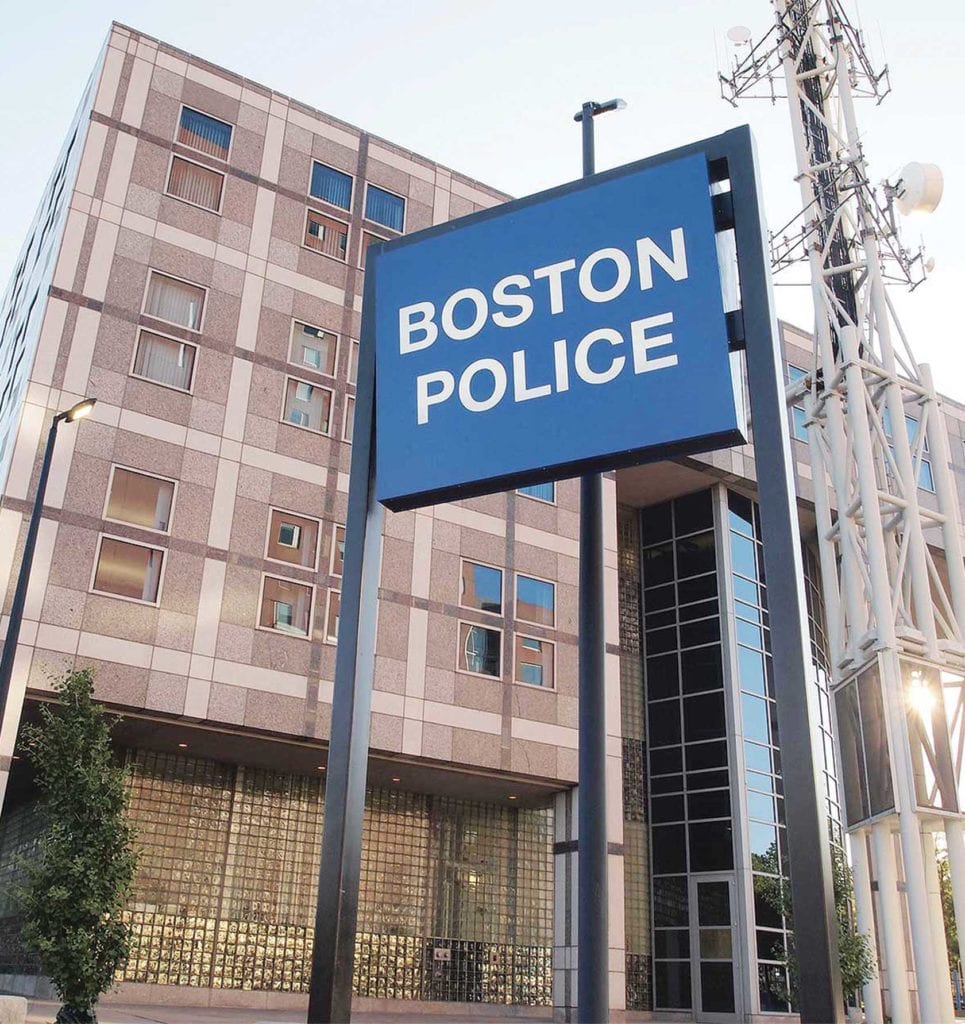City again appeals ruling against police exam
Judge ruled that exam was poor measure of leadership abilities

For more than seven years, a group of Black Boston police sergeants has fought to change the department’s use of exams to promote officers to the rank of lieutenant, arguing that overreliance on the tests has a discriminatory effect on Black and Latino officers who are underrepresented in the higher ranks.
After U.S. District Court Judge William Young ruled the tests discriminatory in 2015, the city of Boston appealed, only to see the ruling upheld in 2017.
Last week, attorneys for the city filed another appeal, a move that promises to extend the legal ordeal for a group of 10 Black officers, only three of whom now remain on the force.
Lawyers for Civil Rights Executive Director Ivan Espinoza-Madrigal said the city’s appeal is part of a broader pattern in city government. The city has in recent years appealed several decisions in cases where courts have found Black officers were discriminated against.
“What’s really problematic about the appeal is that the city says they’re ready to have a conversation about racial justice, but then it’s business as usual,” Madrigal said. “It doesn’t seem like there’s lessons learned. It’s very problematic for these officers.”
Critics charge that the city has spent hundreds of thousands of dollars, if not more, defending an examination that has produced racially-disparate outcomes.
“I think, rather than continuing to appeal these cases, the city should look at what’s wrong with the exam process and fix it,” said Eddy Chrispin, president of the Massachusetts Association of Minority Law Enforcement Officers (MAMLEO).
The test requires officers to score at least 70 out of 100 on a multiple-choice test, then ranks them according to their score and a rating they’re given for education and experience. In his 2015 decision, Judge Young ruled that the test failed to adequately assess the skills and abilities important for success as lieutenants.
When he ruled against the city in 2015, Young argued the test was a poor measure for the competence of superior officers. In 2017, responding to an appeal by the city, he reached the same conclusion.
“The near exclusion of any critical skills and abilities meant that a high score … simply was not a good indicator that a candidate would be a good lieutenant,” Young wrote in his 2017 decision.
Despite the city’s contesting of multiple judgements against the police department, Chrispin said that relations between MAMLEO and the Walsh administration are better now than ever.
“I think we’re in a place where we can have conversations that we couldn’t have in the past,” he said.
But Espinoza-Madrigal said the city is fighting against its own best interests by consistently appealing legal rulings against discrimination.
“It makes the city look bad to consistently push back against cases that have merit,” he said.
Chrispin said he and other MAMLEO members have spoken with the Walsh administration and Boston Police Commissioner William Gross about issues including the department’s use of the controversial hair test for drug use, a test which has been found to produce a disproportionate number of false positives with Black officers. The officers have also brought up issues of disparate treatment Black and Latino officers face in the department with the administration.
In October, the Boston Globe released findings from an analysis of police data that found that while Black officers make up 22 percent of those in the department, they account for 41 percent of suspensions and almost half of the terminations.
MAMLEO has also been in conversation with city councilors, state representatives and other elected officials, Chrispin said.
“The more people we can have these conversations with, the better,” he said.
Ultimately, Chrispin said, the diversity MAMLEO has long fought for will benefit the police department.
“The more diversity we have, the better a police department we’ll have,” he said, “especially if we pull in more people who grew up in the city.”






